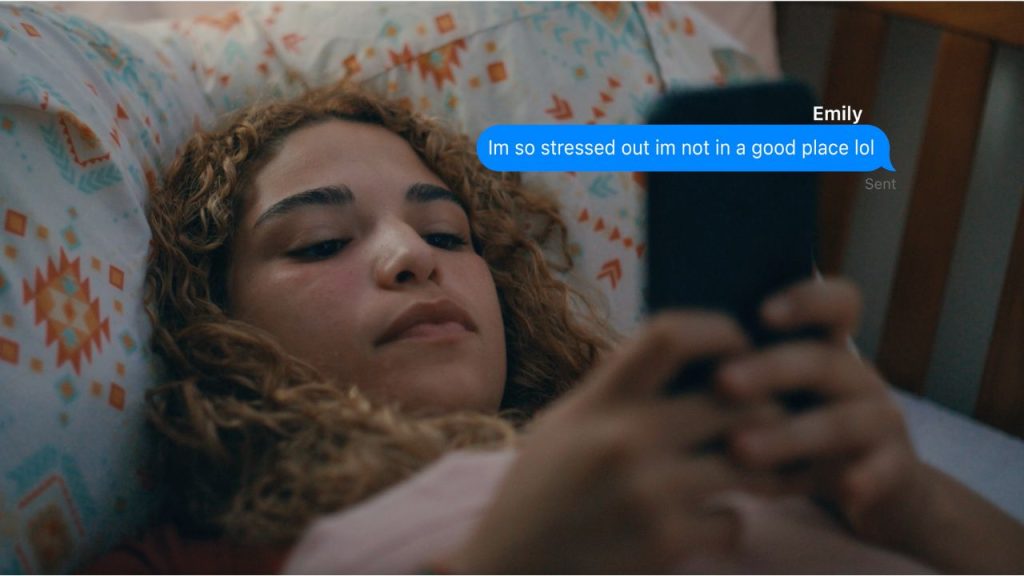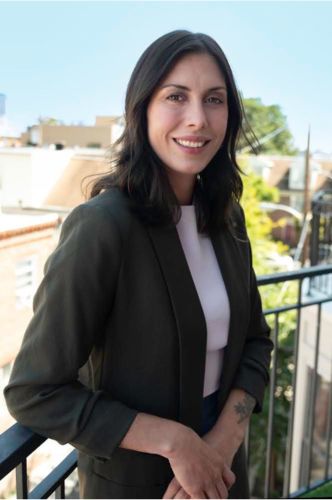It’s Hispanic Heritage Month, and two Fordham professors have recently completed films that bring the Latin American experience to life.
Jenn Lilly, Ph.D., and Rose M. Perez, Ph.D., both of the Graduate School of Social Service, have dedicated large parts of their careers to studying the emotional and psychological complexity of Latin American communities. Their findings inspired their respective film projects: one highlighting the unique grief of Cuban Americans who’ve left behind their homeland, and the other exploring the mental health challenges faced by many young Latinas.
Longing for a Lost Homeland
Perez’s film, Cuba es Mí Patria: The Homeland I Keep Inside, explores the experiences of the Cuban diaspora through the framework of “ambiguous loss,” a theory she’s researched extensively. Unlike other forms of grief, ambiguous loss can lack closure and keep the “lost object” psychologically present indefinitely.
According to Perez, the experiences of the film’s interviewees who left Cuba after the 1959 revolution exemplify this phenomenon. Like a ghosted lover or the parents of a missing child, many Cuban Americans live with unanswered questions that can make letting go impossible, like: Will I ever see my relatives again? Will Cuba’s political and economic situation ever improve? And, will I ever be able to return?
The conversations were often emotional, especially the interview Perez’s colleague conducted with her father. Perez and her family left Cuba in 1971. “He was so teary throughout the interview that it was really hard to edit his piece,” she said.
The film appeared in several national and international festivals and won the Best Original Story award at the Touchstone Independent Film Festival in July. Locally, the next screening will be at the AMT Film Festival in Hell’s Kitchen Nov. 8-10.
Perez says Cuba es Mí Patria is an excellent tool for educators, and will be relatable to anyone from an immigrant background. She hopes viewers will walk away with a “greater appreciation for the hidden trauma people don’t know we carry.”
Speaking Up about Latina Mental Health
In the short film Nuestro Apoyo (Our Support), which Lilly wrote with a group of young Latina collaborators, the drama on screen reflects a culture of silence around mental health issues in many Latin American families. With insights taken from Lilly’s academic research on Latina mental health, the short film depicts a young, first-generation woman’s struggle to bridge a generational and cultural divide with her parents and discuss her thoughts and feelings.
To create the script, Lilly brought together a group of five young Latina writing partners — all Fordham students or alumni — and drew inspiration from their personal experiences.
“One of my biggest takeaways was that this new generation is very aware of mental health and interested in preventive behaviors, but they’re encountering some difficulty in reconciling that with their families or their cultural views, which are often about keeping things within the family and not discussing things that could bring stigma,” said Lilly.
Post-production work on the film wrapped in late September. Lilly plans to submit Nuestro Apoyo to some film festivals and then seek a distributor. Whatever happens next, she already experienced a moment of victory watching the film over Zoom with the five young writers.
“It was really fun to see their reactions, especially when their names appear in the credits,” she said. “We all felt very emotional by the end. It was maybe the highlight of my career.”



